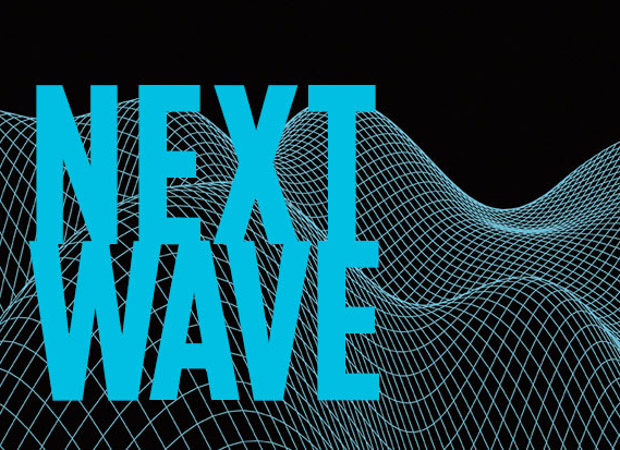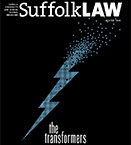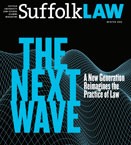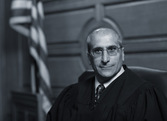
Online Certificate Program in Legal Innovation Launches
Teachers include Liberty Mutual and Microsoft counsel
"In my regular conversations with legal leaders, whether they’re coming from law firms, corporate legal departments, courts, or legal aid offices, they tell me they need professionals who can rethink legal processes, see those processes with fresh eyes, and find new efficiencies.”
—Dean Andrew Perlman
With industry leaders serving as teachers, including in-house lawyers from Liberty Mutual and Microsoft, the Law School has launched a first-of-its-kind online certificate program in legal innovation and technology. The online program will train lawyers, paralegals, law librarians, and other legal professionals to innovate the delivery of legal services.
One of the instructors, Lucy Bassli, assistant general counsel at Microsoft, will teach Legal Operations, drawing on her experience re-envisioning legal operations for one of the world’s largest companies.
The full course list of the Legal Innovation and Technology Certificate Program covers areas such as legal operations, design thinking, process improvement, and legal project management, and will benefit professionals in a range of settings, including law firms, corporate legal departments, government agencies, courts, and legal aid offices.
“I genuinely believe that the legal industry is at a great inflection point,” said Bassli. “Our jobs will not look the same 10 years from now. Technology advancements for legal services are ripe, and attorneys need to pay attention.”
Bassli contends that the legal field is going through a great “unbundling”—an approach that calls on legal providers to explain exactly how they are pricing each individual service they are offering, making it simpler for clients to shop around for quicker, cheaper solutions. “I want to empower my colleagues with some fundamentals of what legal operations can mean for the delivery of legal services,” she said.
Other courses include Legal Project Management and Process Improvement, Design Thinking for Legal Professionals, 21st-Century Legal Profession, Legal Technology Toolkit, and The Business of Delivering Legal Services.
Professor Gabriel Teninbaum, director of both the certificate program and Suffolk’s Institute on Legal Innovation and Technology, says adoption of new legal methods and technologies has become a necessity for legal professionals who want to remain competitive.
“We’re one of the very few law schools teaching our current students about the methods and tools that will allow them to succeed in the coming decades,” he said. “But for the million lawyers and million or so other legal professionals working now, the question becomes: Where do they go to learn these things? We think this certificate program is the answer to that question.”
Teninbaum said that a software program like TurboTax offers a good example of the kind of disruptive impact an expert system can have and the kind of method—simplifying a complex matter using technology—that Suffolk will teach. “Before TurboTax, it was much harder for people who weren’t CPAs to do their own taxes, and now it’s a completely normal occurrence. You still need your accountant to provide expert opinions, but some of the work you can do on your own. That’s an approach that the legal field is starting to embrace.”
The timing is right for the certificate program, said Suffolk Law Dean Andrew Perlman. “In my regular conversations with legal leaders, whether they’re coming from law firms, corporate legal departments, courts, or legal aid offices, they tell me they need professionals who can rethink legal processes, see those processes with fresh eyes, and find new efficiencies. That’s where the legal field is heading, and we want to help provide the necessary training.”
Each course will run for 10 to 12 weeks and require about two to five hours of student time per week. Participants may take all six courses to earn a certificate or take individual courses.
Learn more at Legal Innovation & Technology Certificate Program.





